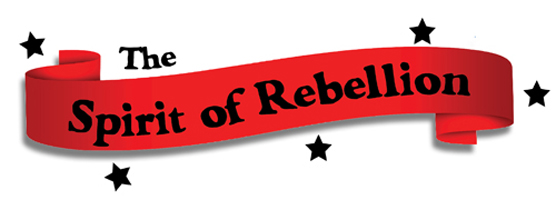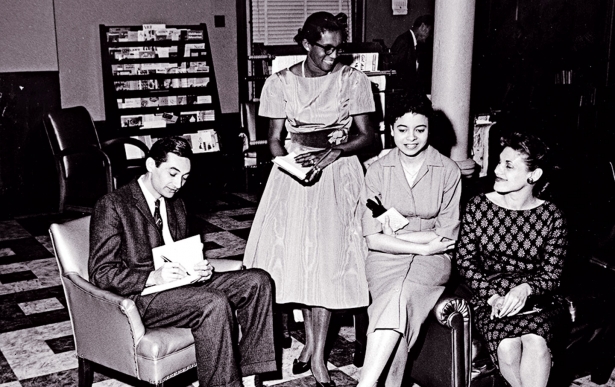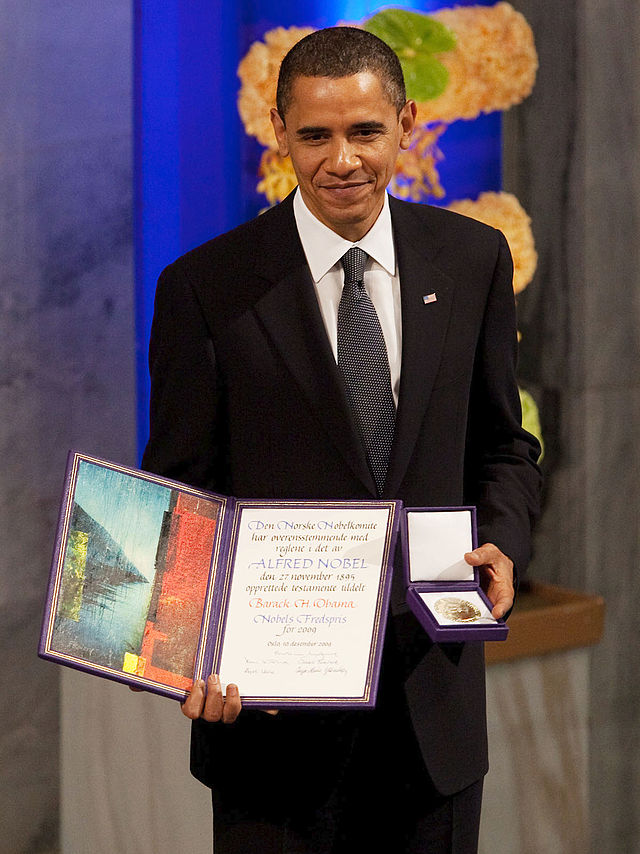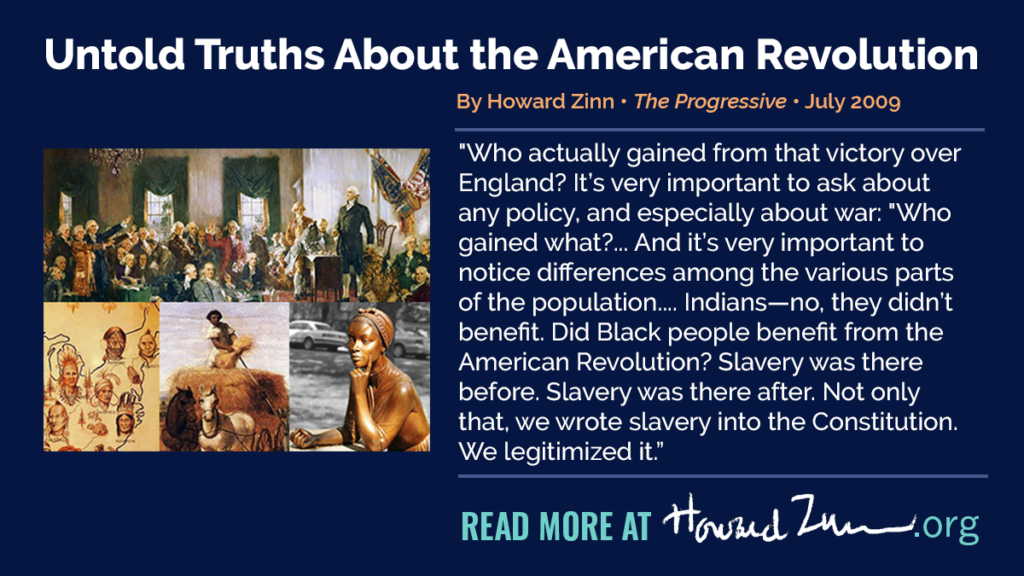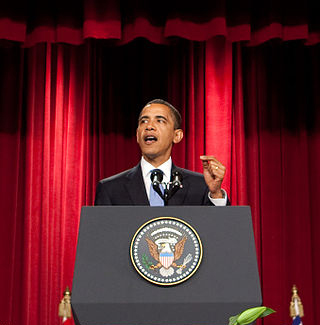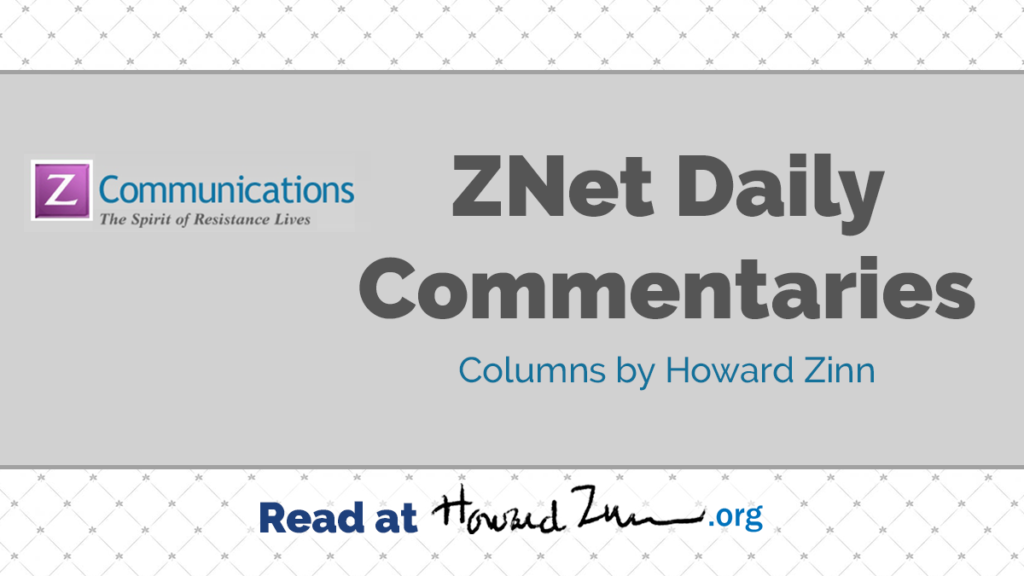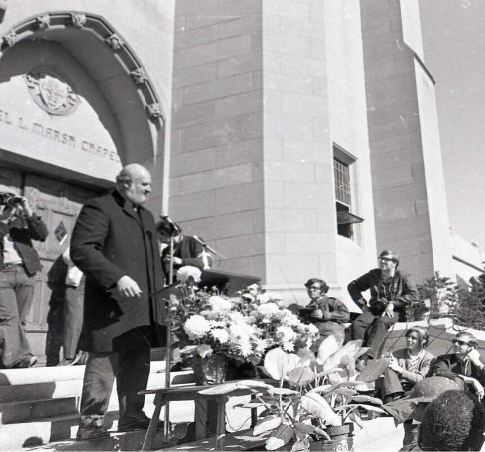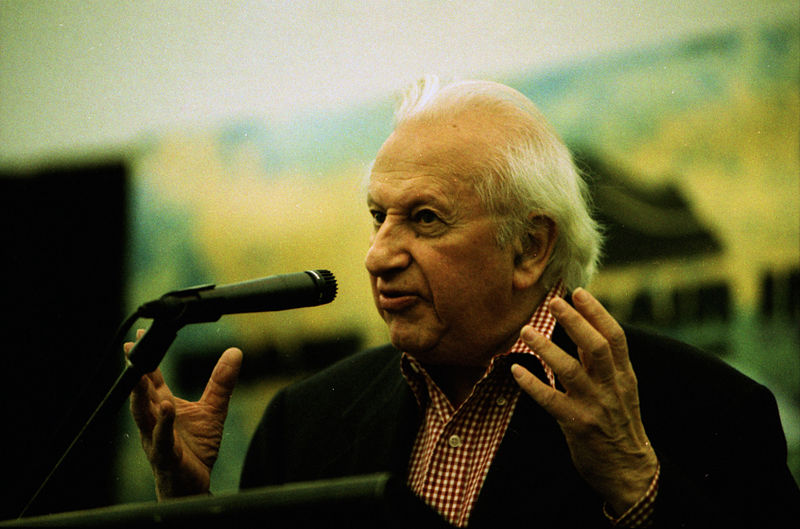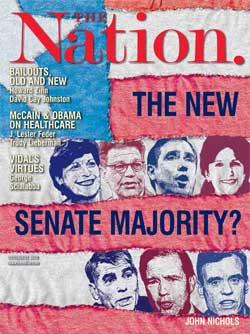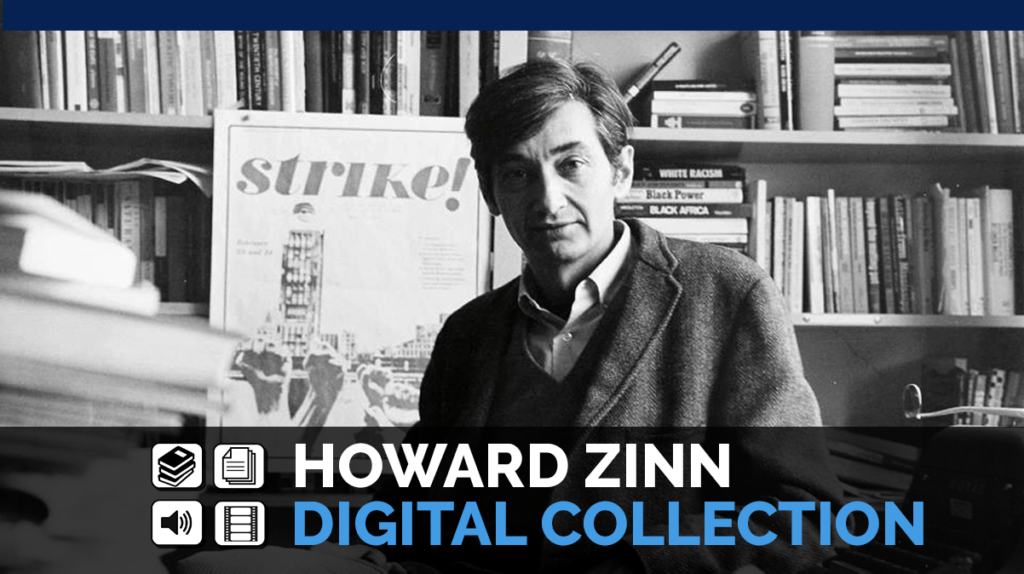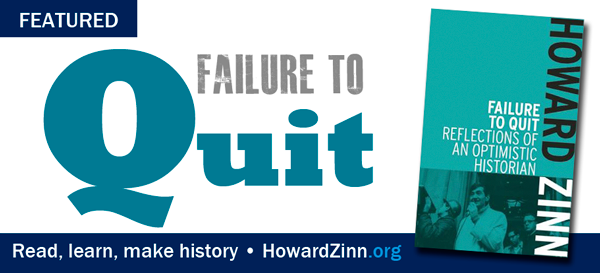
Failure to Quit
By Howard Zinn. Z Magazine, 1990; excerpt from Failure to Quit.
This essay, written for Z Magazine in 1990, and reprinted in my book Failure to Quit, was inspired (if you are willing to call this an inspired piece) by my students of the Eighties. I was teaching a spring and fall lecture course with four hundred students in each course (and yet with lots of discussion). I looked hard, listened closely, but did not find the apathy, the conservatism, the disregard for the plight of others, that everybody (right and left) was reporting about "the me generation."
Read More »
This essay, written for Z Magazine in 1990, and reprinted in my book Failure to Quit, was inspired (if you are willing to call this an inspired piece) by my students of the Eighties. I was teaching a spring and fall lecture course with four hundred students in each course (and yet with lots of discussion). I looked hard, listened closely, but did not find the apathy, the conservatism, the disregard for the plight of others, that everybody (right and left) was reporting about "the me generation."

